Comparing Leadership and Management Roles: An Operations Perspective
VerifiedAdded on 2023/01/06
|14
|708
|96
Report
AI Summary
This report delves into the core concepts of management and operations, focusing on the distinct roles and characteristics of leaders and managers within an organizational context. It begins by defining operational management as the process of enhancing business efficiency and converting inputs into outputs to maximize profit. The report then contrasts the roles of leaders, who are visionaries focused on setting direction and inspiring teams, with those of managers, who shape organizational culture and oversee day-to-day operations. It highlights key differences between leadership and management, such as building trust versus controlling, influencing people versus managing activities, and the distinction between hard and soft skills. The report further explores various leadership theories, including the great man theory and behavioral theory, offering a comprehensive analysis of effective leadership styles. The conclusion emphasizes the importance of adapting leadership styles to suit specific circumstances and organizational cultures, underscoring the critical roles of both leaders and managers in ensuring smooth business operations. The report includes references to academic sources for further reading.
1 out of 14
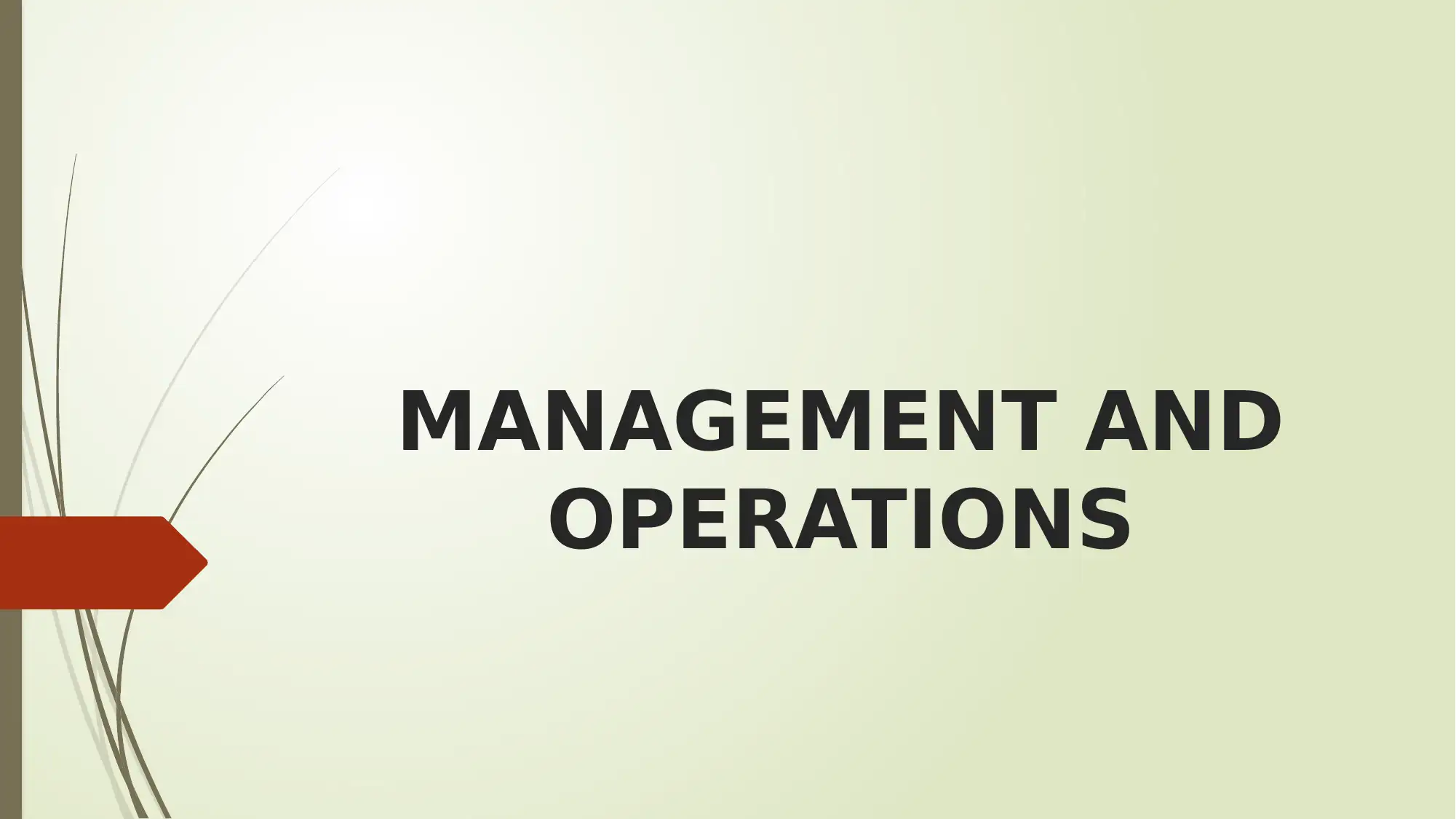
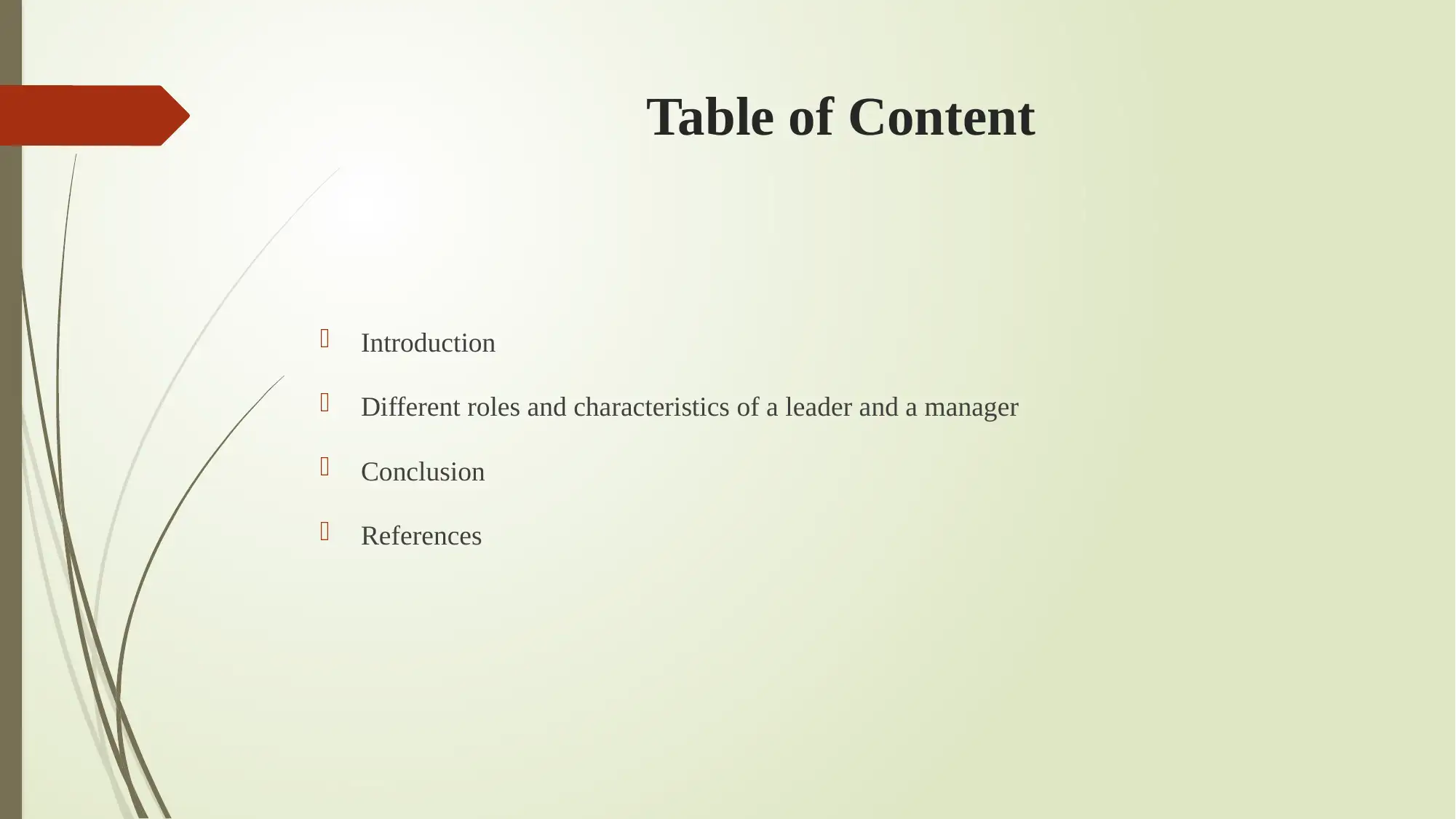
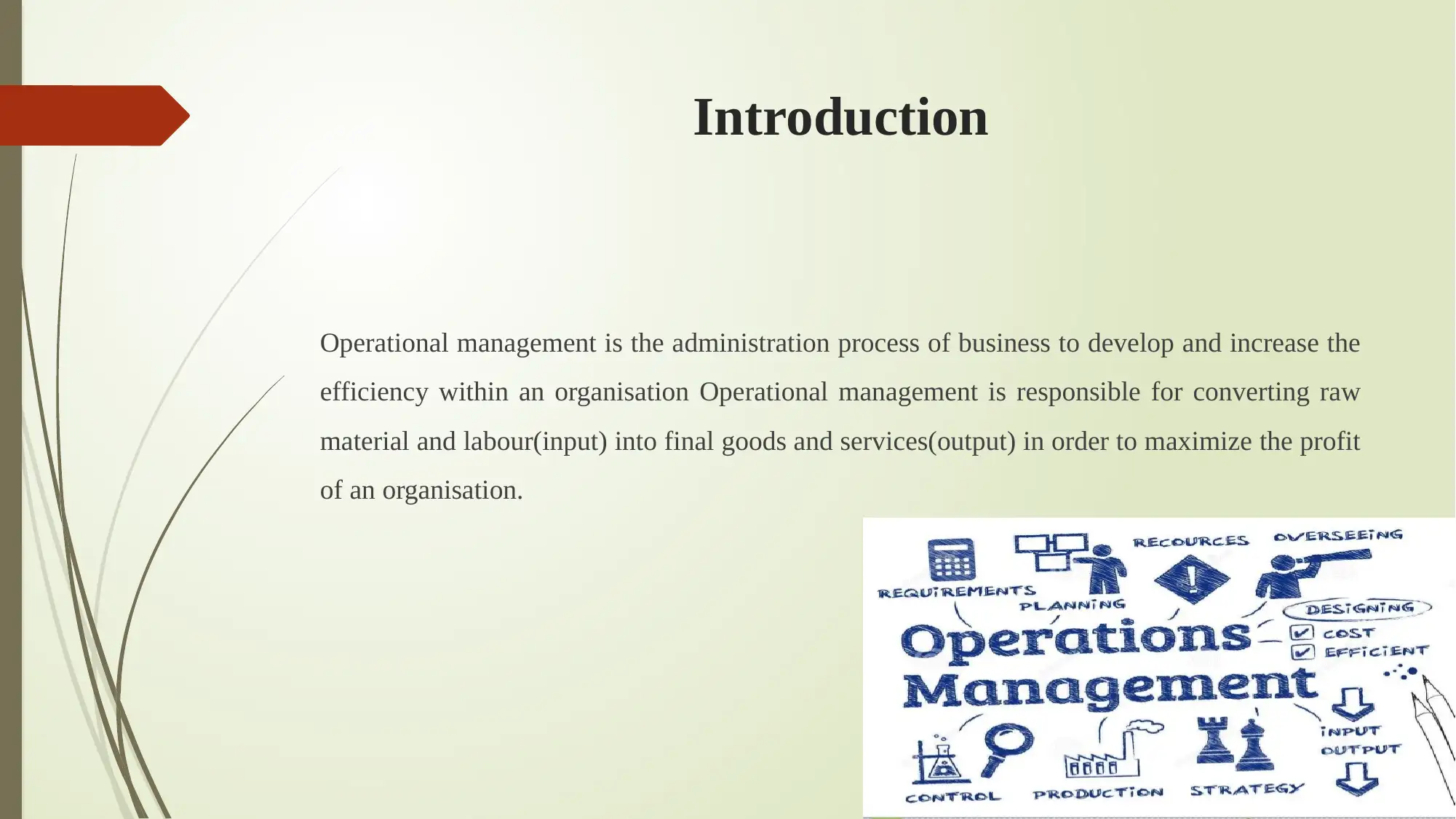

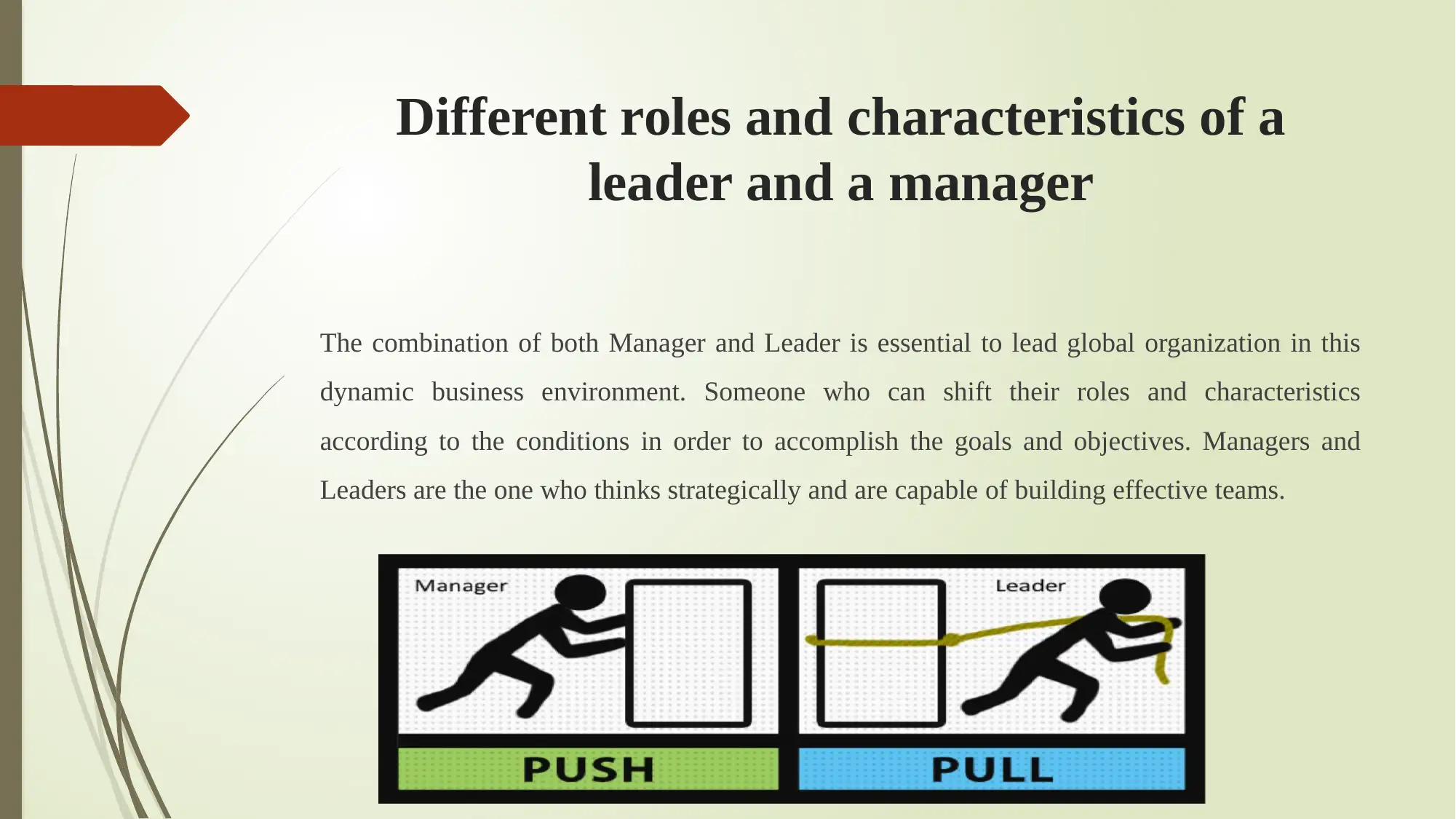
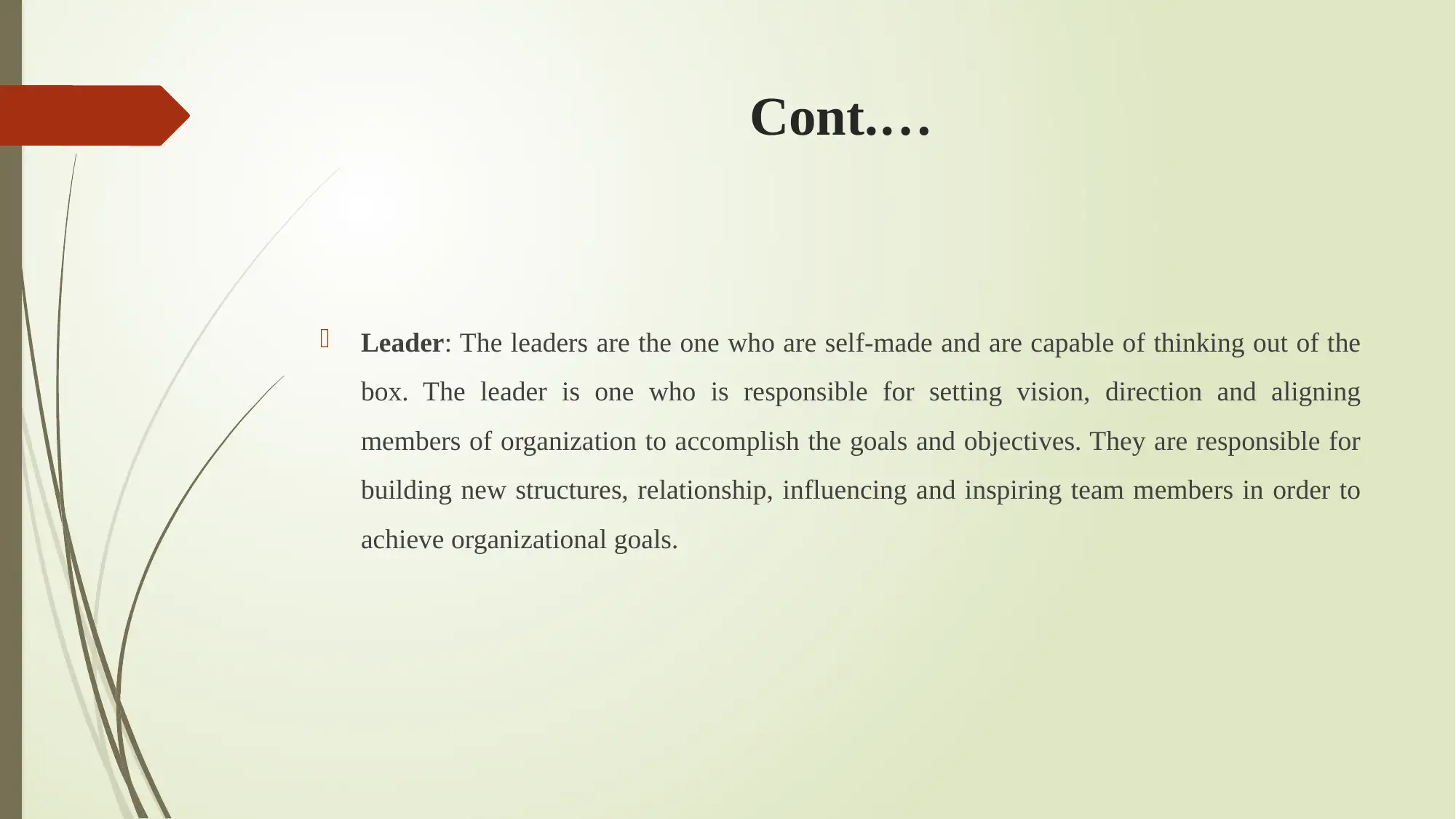
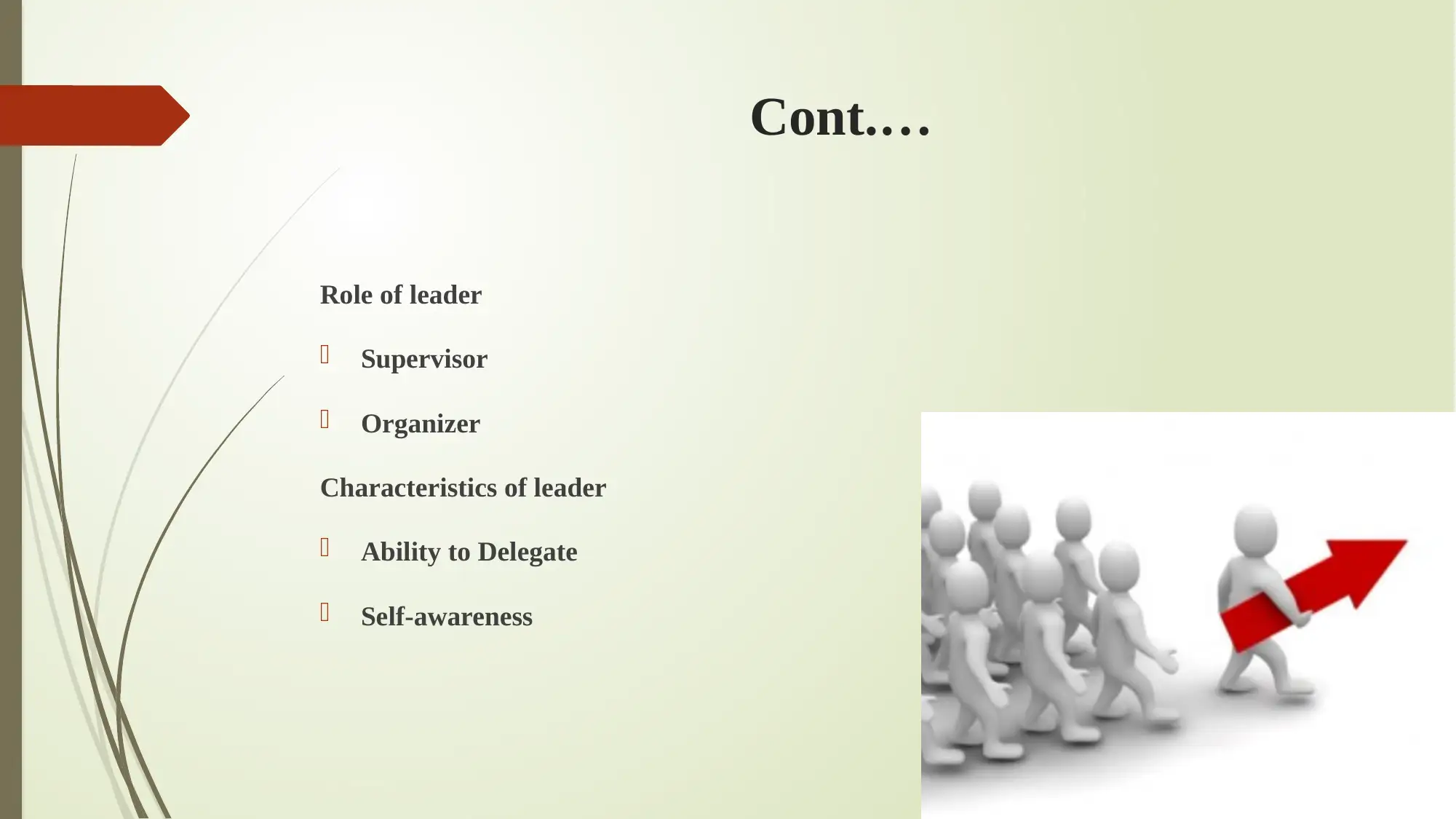
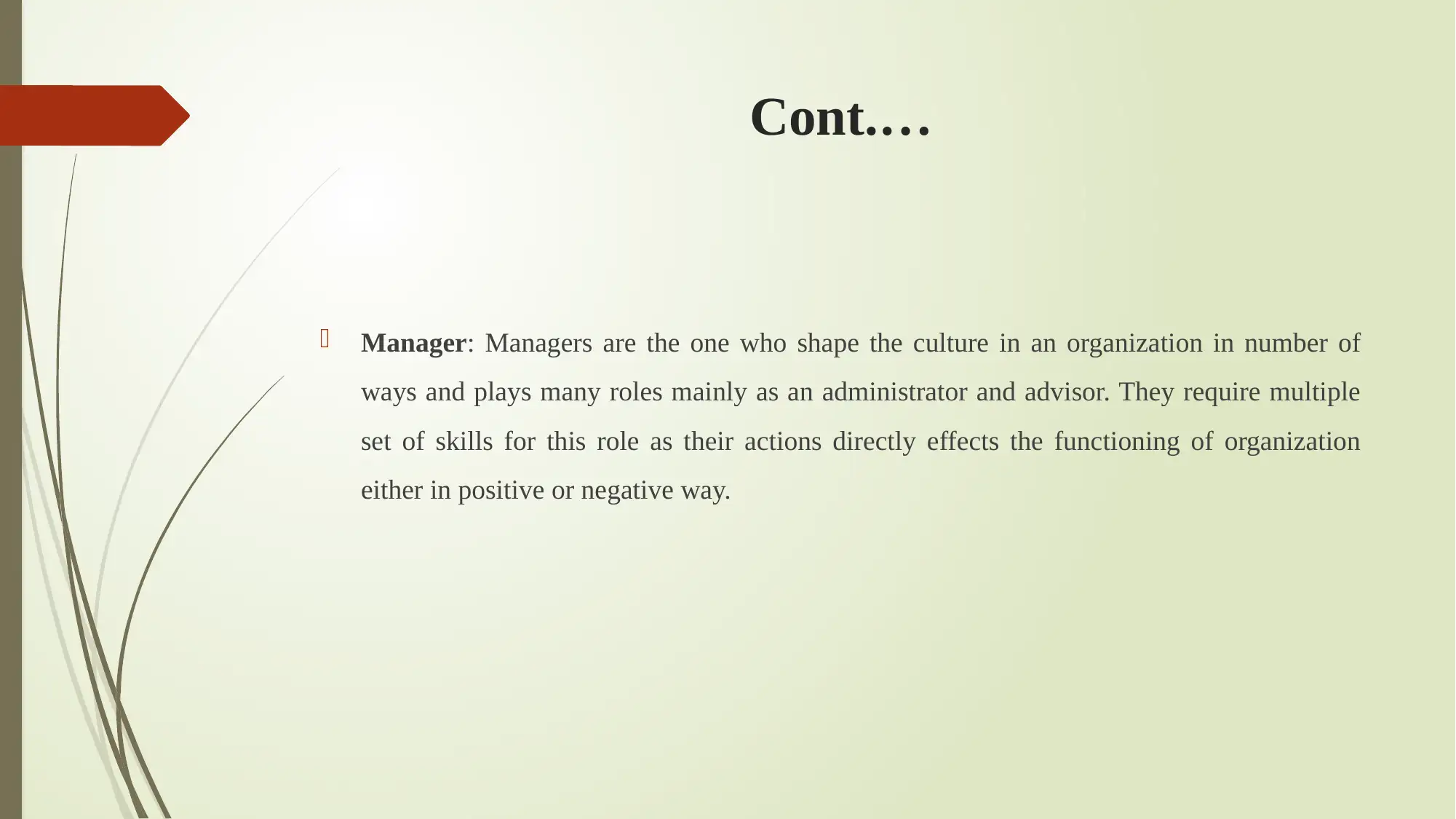
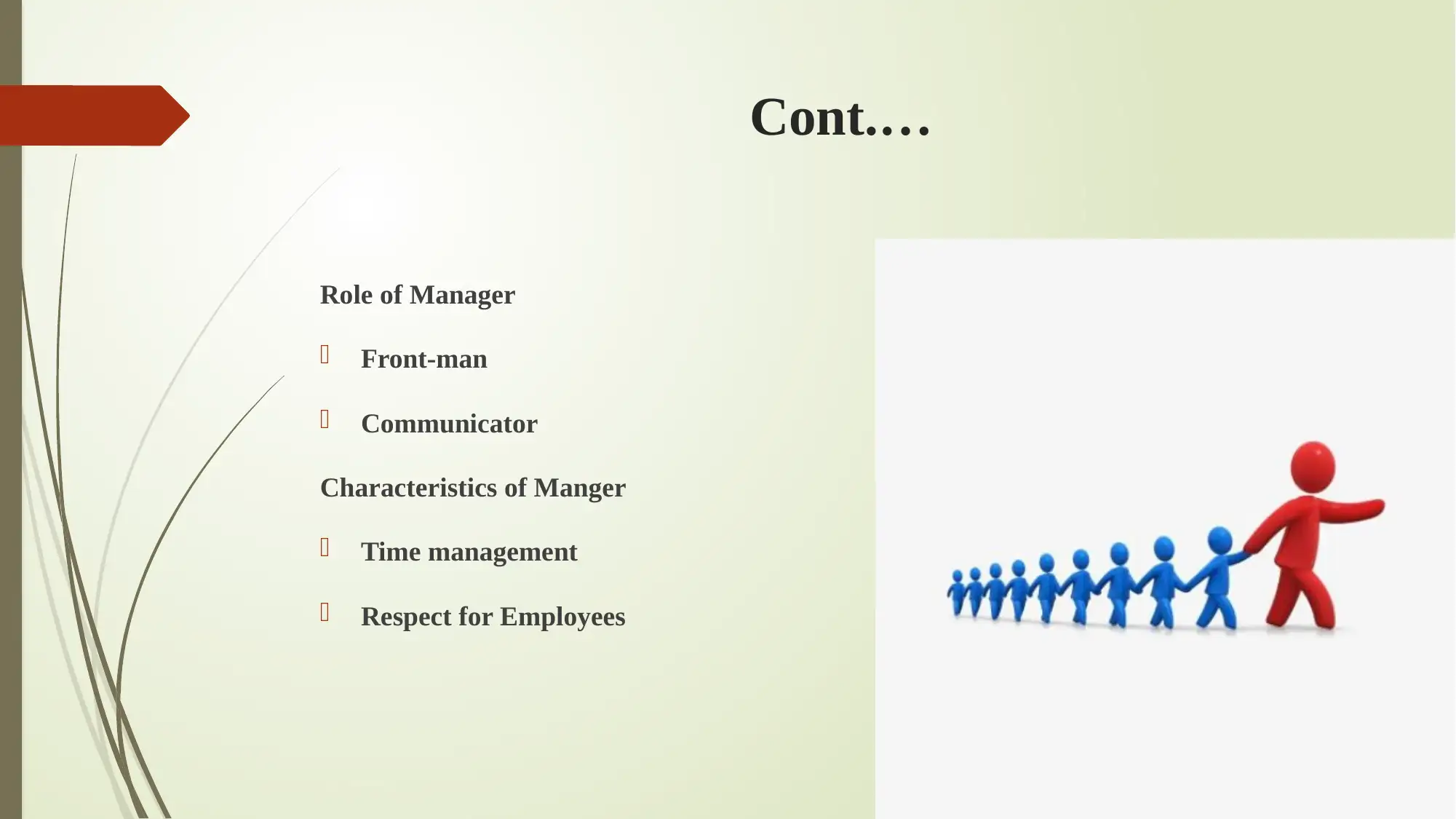
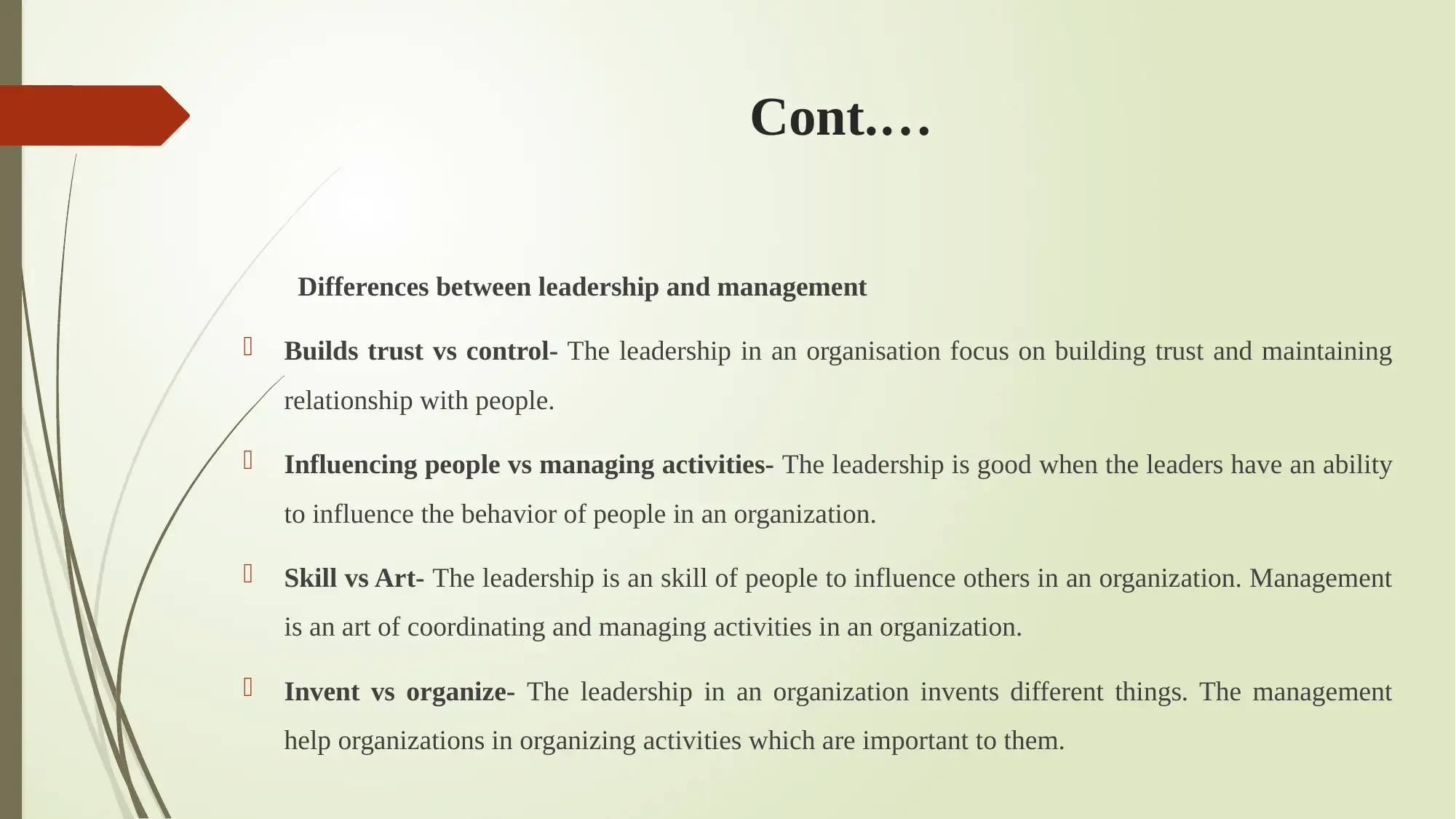
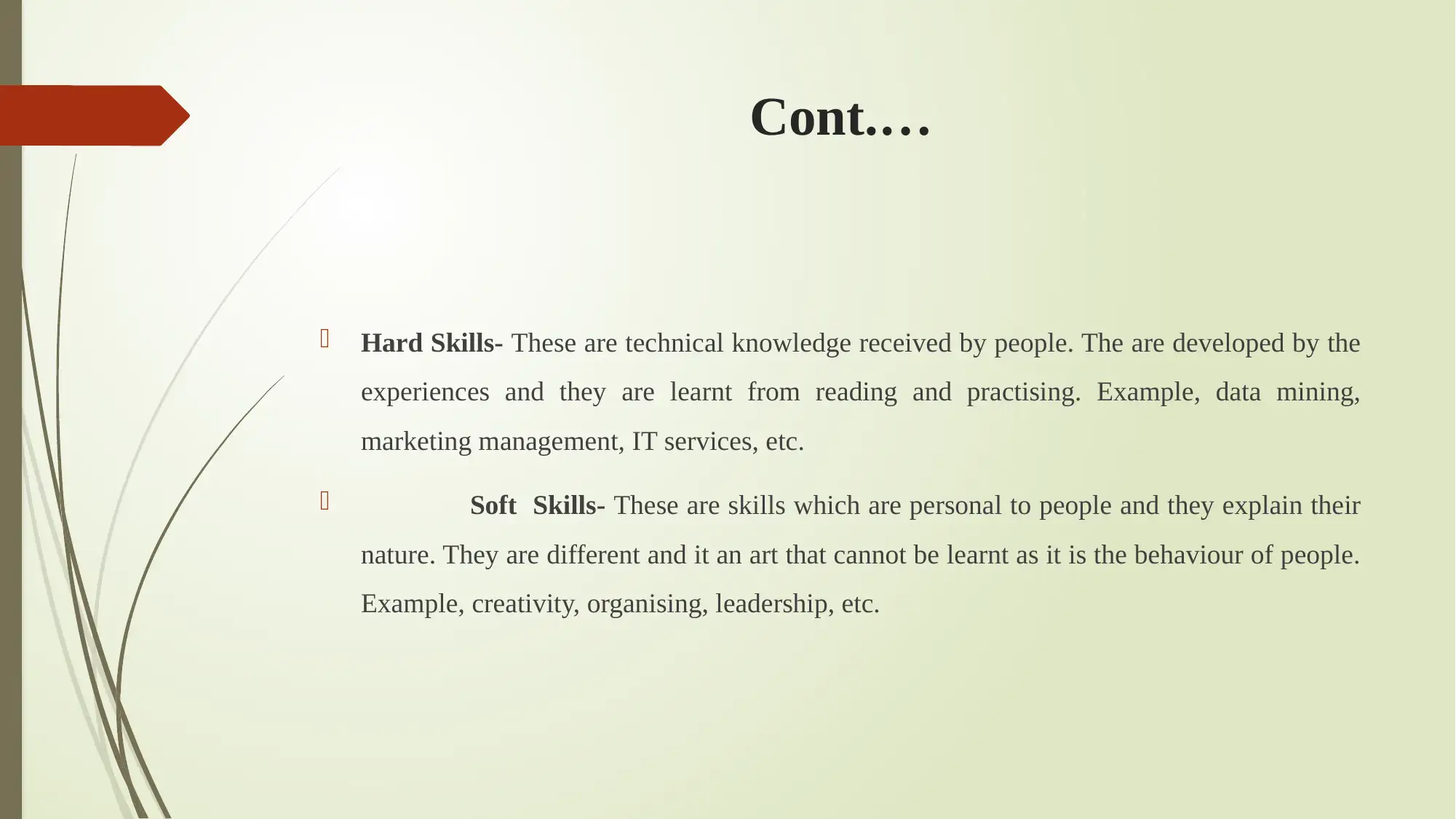
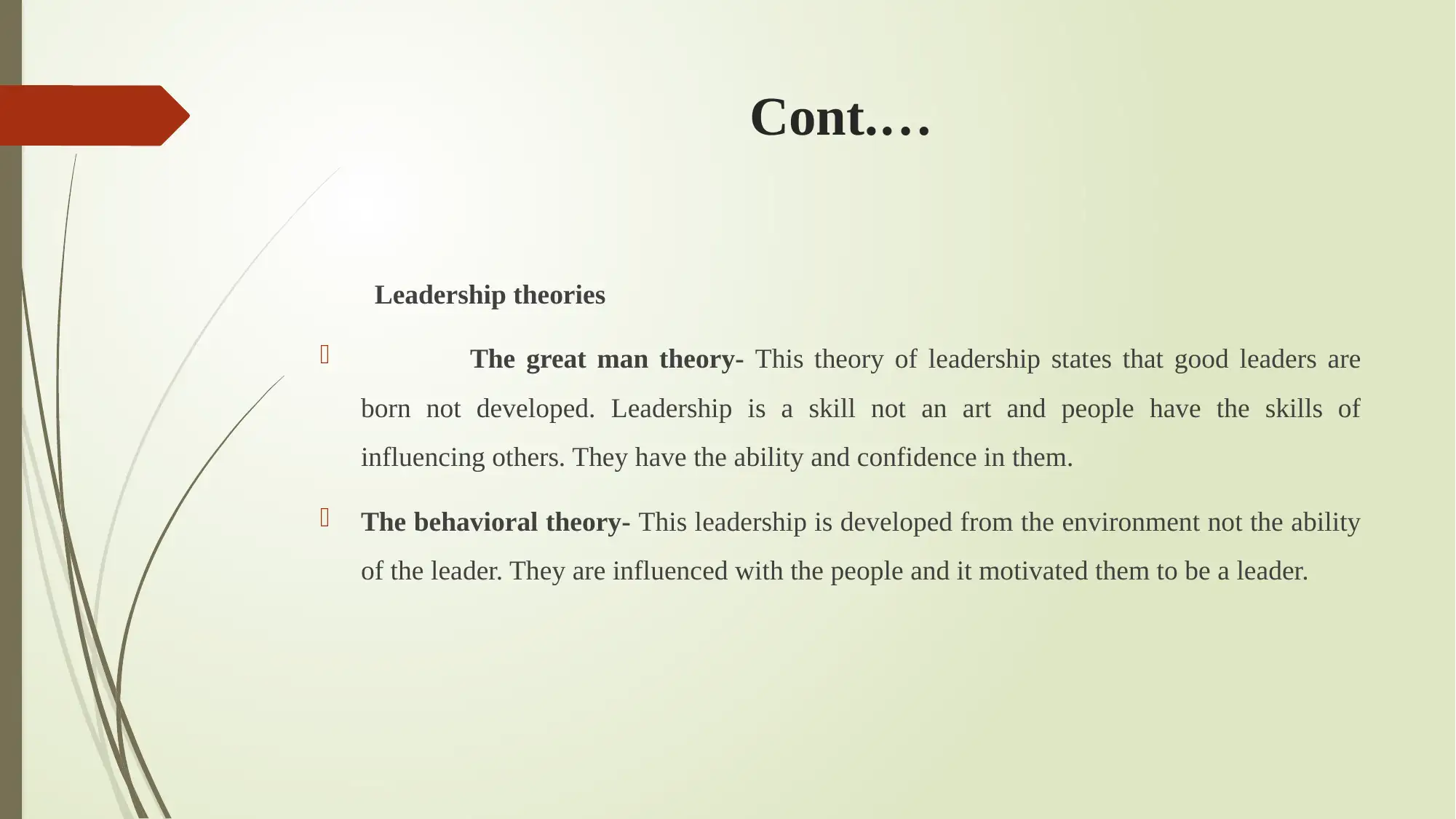
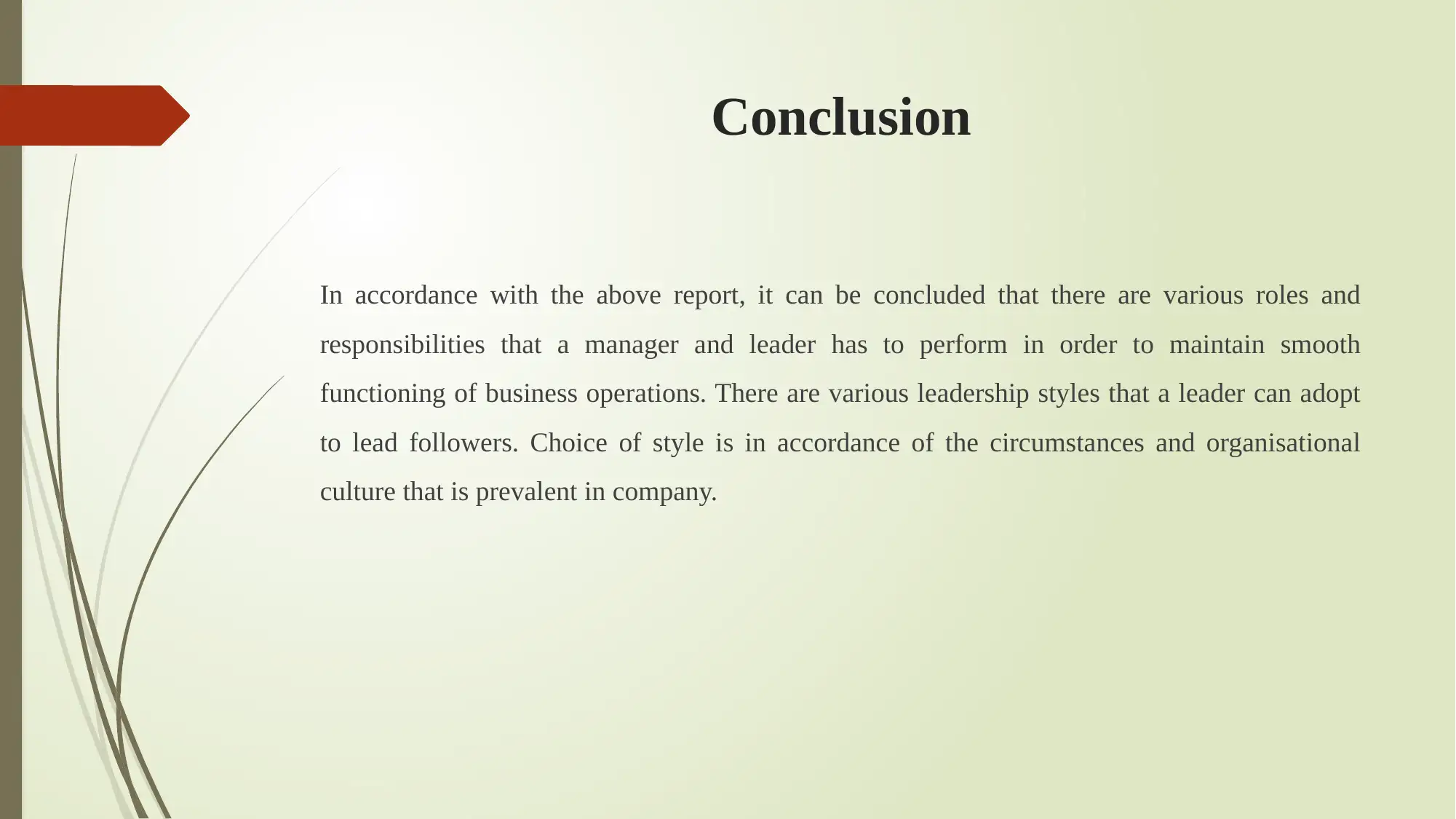






![[object Object]](/_next/static/media/star-bottom.7253800d.svg)